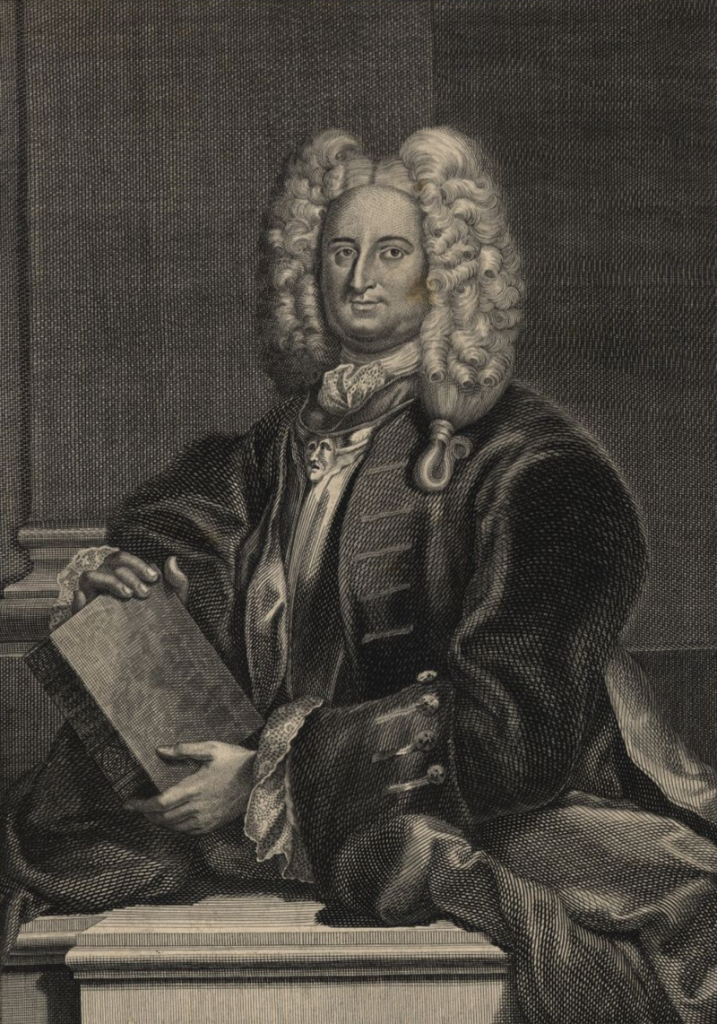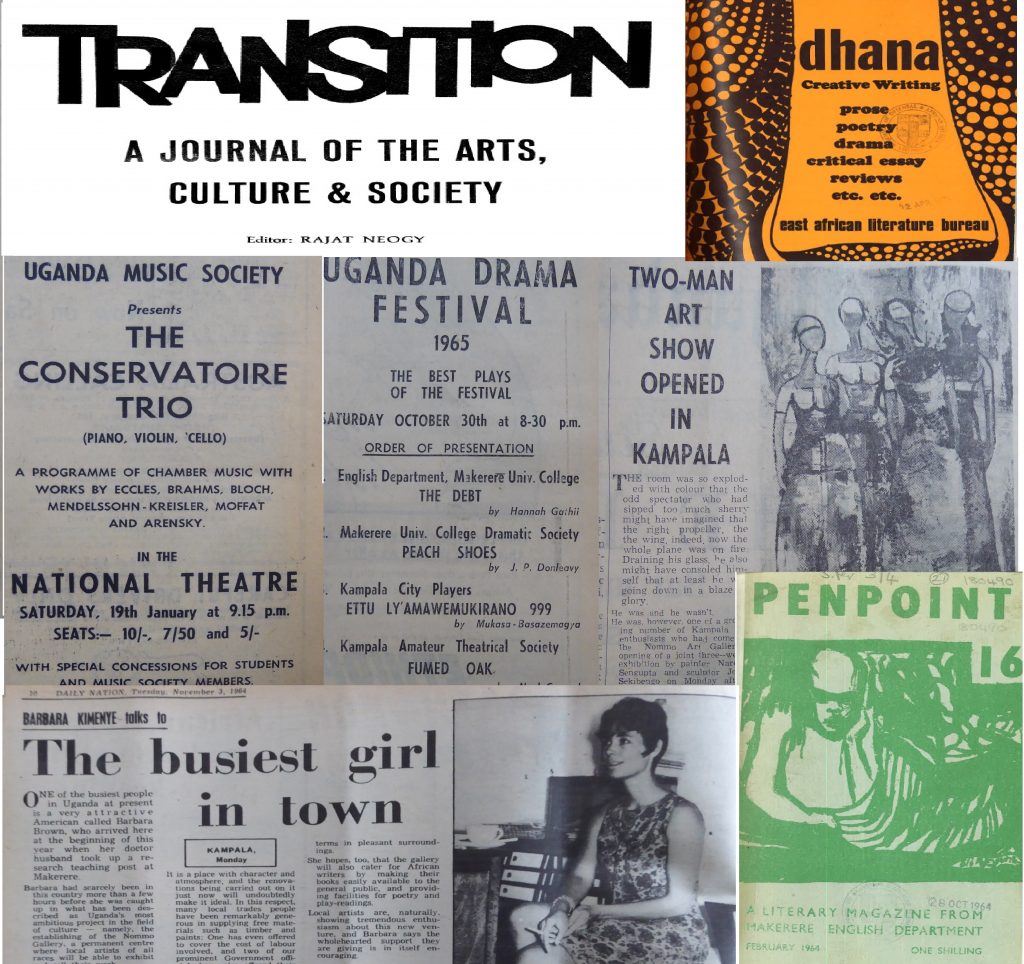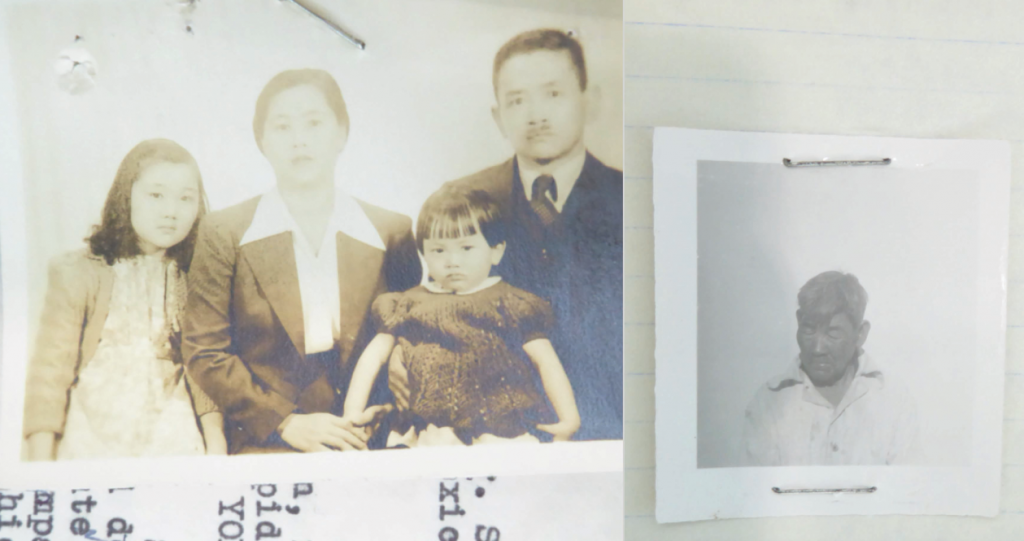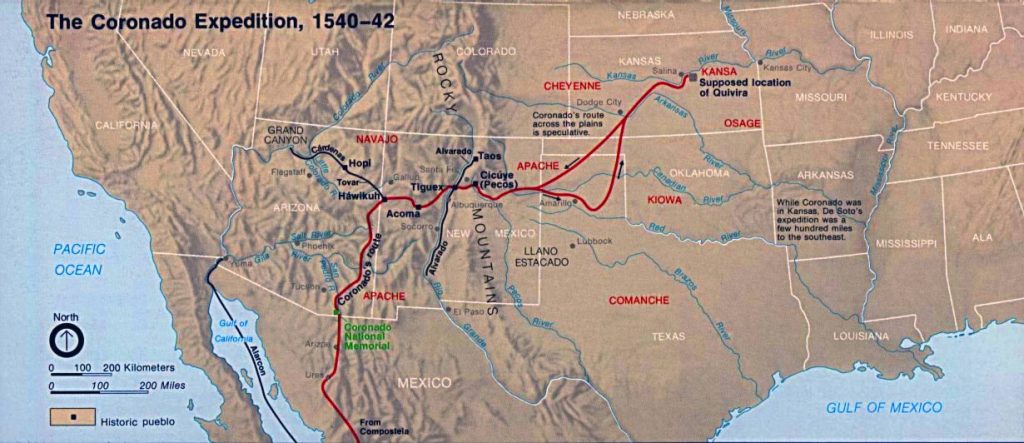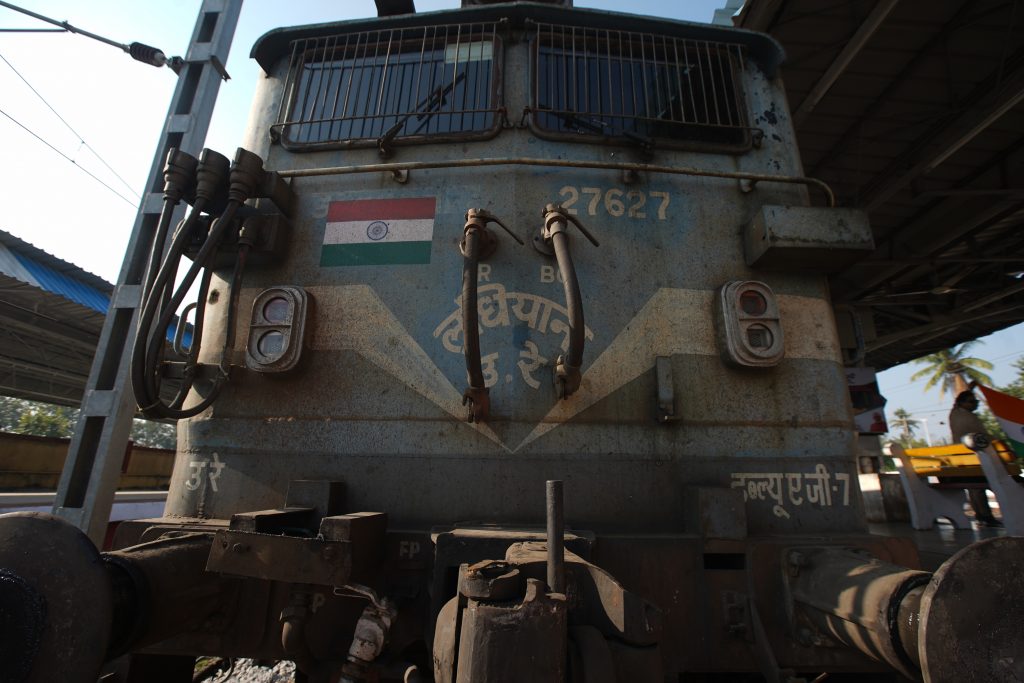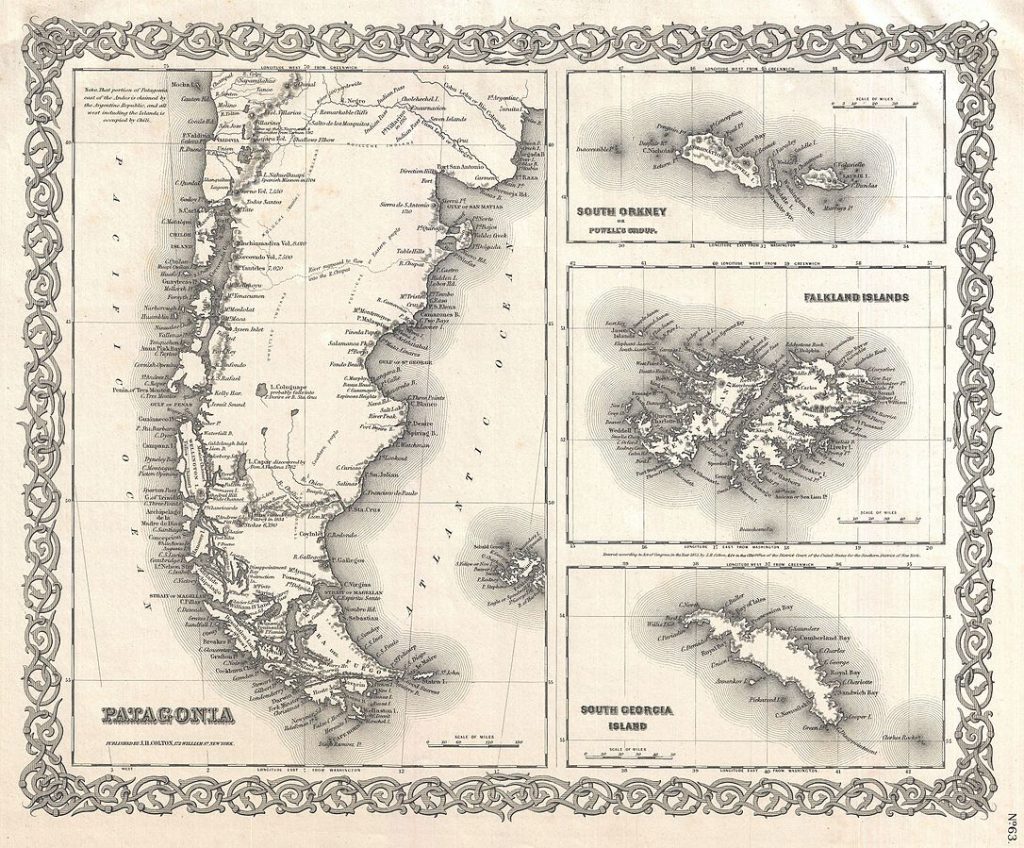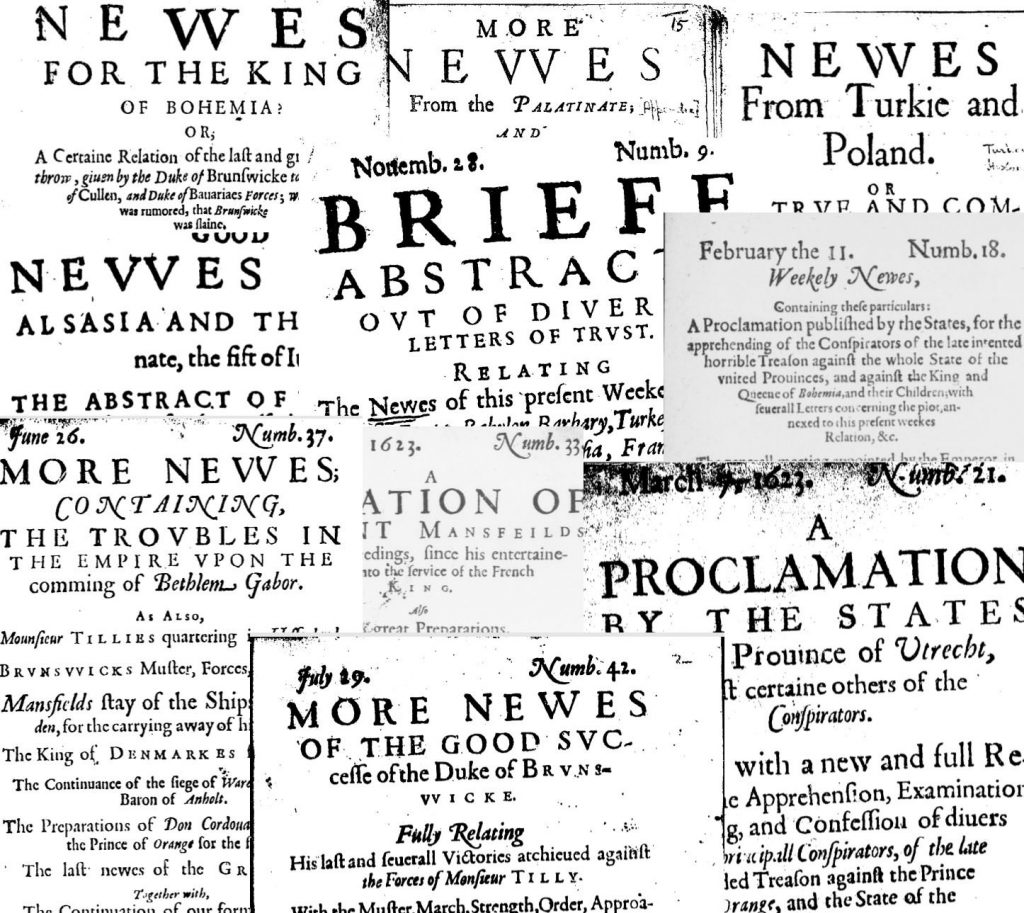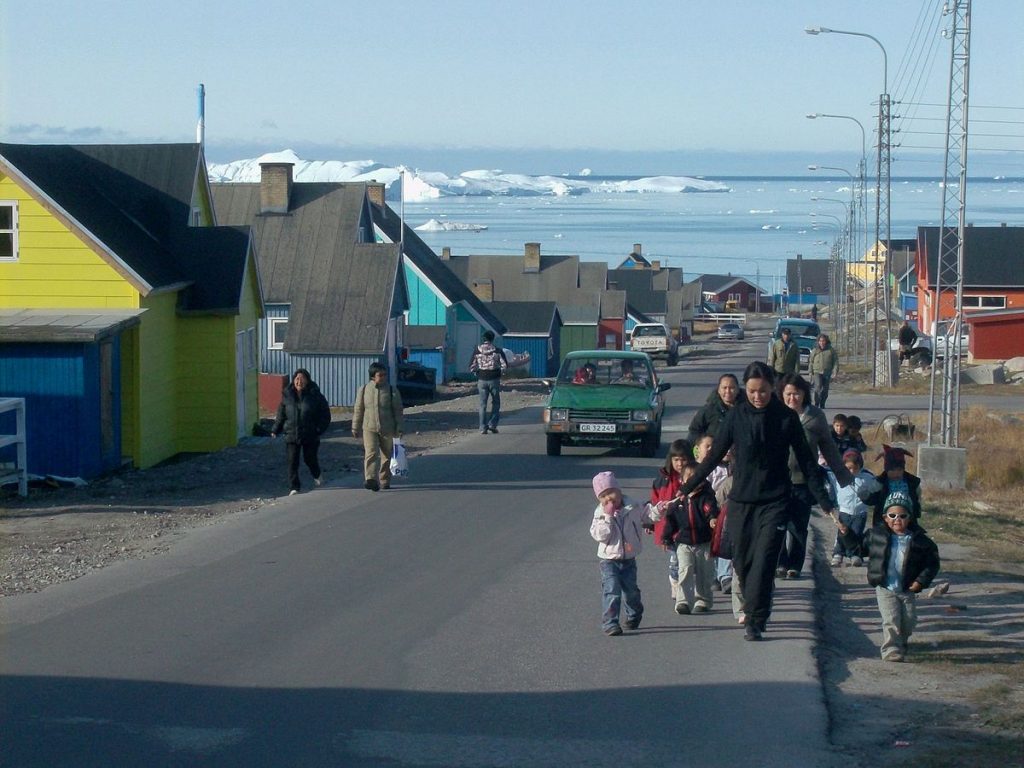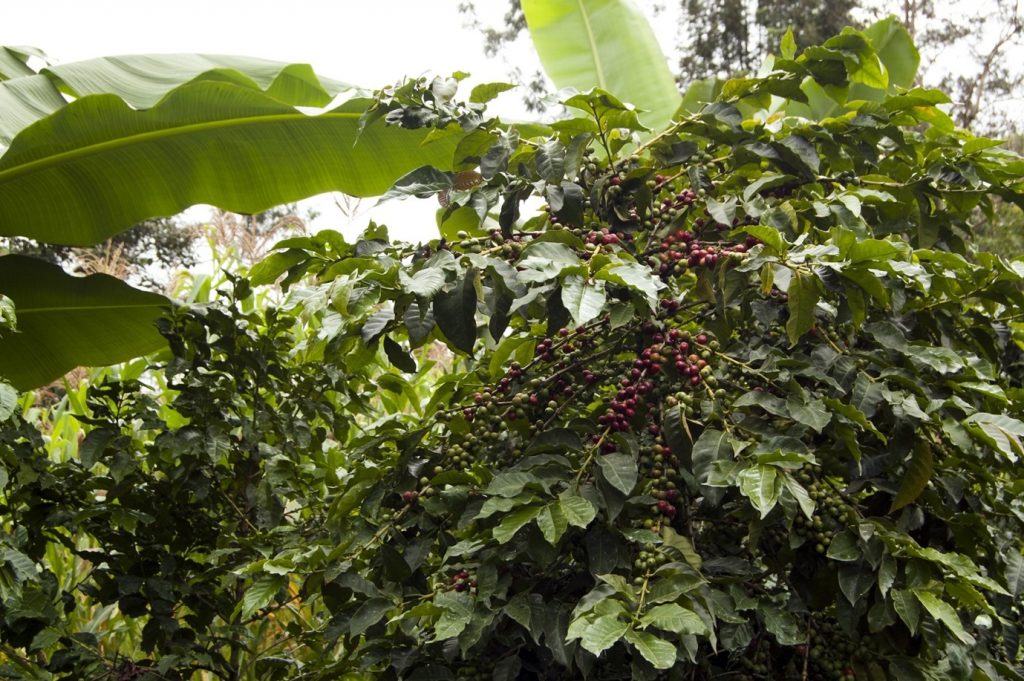By Pelayo Fernández García. Don Álvaro de Navia Osorio, third Marquis of Santa Cruz de Marcenado was born in Puerto de Vega (Asturias, Spain) on December 19, 1684. [1] His family influences allowed him to become maestre de campo (later colonel) of the Principality of Asturias’ tercio (later regiment), shortly before the beginning of the […]
By Anna Adima. Asian-Ugandan-hosted literary salon; South African-owned nightclub; glittering social scene – for Uganda’s multiracial elite in the 1960s, Kampala offered ample opportunities for socialising and entertainment. Unlike Nairobi, the capital city of neighbouring Kenya where Britain had established a settler colony and an accompanying apartheid system, Kampala was touted as a liberal city […]
By Anna Nicol. Art frequently operates as a “vehicle of memory”, adding tangibility to past events. Sociologist Elizabeth Jelin coined the phrase to refer to how cultural products connect ‘individual subjectivities, societal or collective belonging, and the embodiment of the past.’[1] Artistic mediums are particularly innovative at creating space for counter-memories and marginalised narratives under […]
By Jessica A. Fernández de Lara Harada Mexico and Japan share histories of empire and colonisation. Formerly known as New Spain, Mexico was colonised by Spain from 1521 to 1821 and, after independence, the US occupied half of its territory and gradually increased its economic and military influence. Following 250 years of self-isolation, in 1854 […]
By Joseph Wagner The study of Scottish interactions with the world outside of Europe in the seventeenth century has greatly expanded over the past twenty-five years. It has been galvanised by moving away from a focus on Scotland’s ‘national’ attempts at empire-building, such as the unsuccessful attempts to colonise Nova Scotia in the 1620s and […]
By Nandini Bhattacharya. A difficult summer overlain with the tragedies and vicissitudes of a global pandemic has nonetheless provided moments of hope and unbridled joy. The latter related to the Black Lives Matter and Extinction Rebellion protests in Britain. Of the many soul-stirring moments that BLM raised for me this season, the removal at Bristol […]
By Nicolás Gómez Baeza. Between 1888-89, John Hamilton, Henry Jamieson, John McLean and Thomas Saunders, among others, participated in the so-called “big sheep-ride” [“gran arreo”] through southern Patagonia.[1] Who were they? Three were born in Scotland, worked as shepherds in the Falkland Islands, and became landowners and businessmen in southern Patagonia and Tierra del Fuego; […]
By Rory Bannerman If you tear through an issue of The Economist or flick straight to the “World” or “Global” sections of your preferred broadsheet, you are taking part in a long tradition of consuming news of events beyond our borders. In Britain, the first publications devoted to relaying foreign affairs were published in London […]
By Curtis Large Brexit, insofar as it represents separation from the European Union (EU) and its predecessors, is not “an unprecedented journey”;[1] between 1962 and 2012, four withdrawals occurred. Exercised at the meso-regional level, between the tiers of member state and local governance,[2] these characterise an overlooked phenomenon. Separation was first observed as French Algeria […]
By Philip Magowan In the past decade when a rising, global interest in specialty coffee has placed quality at the forefront of consumer interests, Kenyan coffee has consistently rated amongst the crème de la crème of the world’s expansive list of coffee-growing countries.[1] The ideal Kenyan coffee typically boasts a piquant profile: crisp acidity with […]
